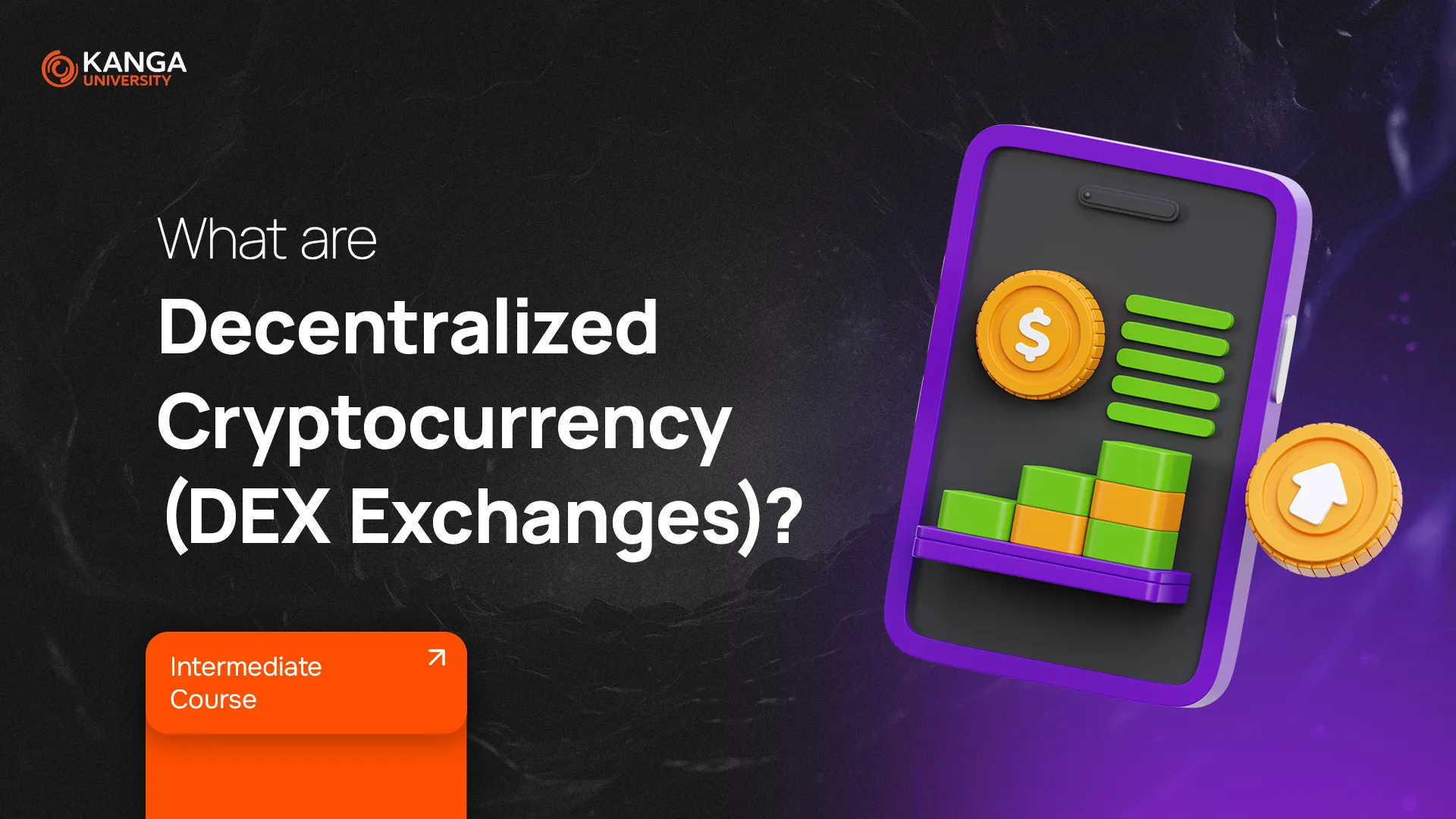
A few years ago, most crypto trades happened on centralized platforms like Binance or Coinbase. But today, more and more users are turning to DEXs, or Decentralized Exchanges — platforms where you trade crypto without handing over your funds or identity to a third party.
So how do DEXs work, why are they gaining popularity, and what are their pros and cons? Let’s break it down.
What is a DEX?
A DEX (Decentralized Exchange) is a platform that lets you trade cryptocurrencies directly with other users, without any centralized authority in charge. There’s no company holding your assets — everything runs automatically through smart contracts on a blockchain.
Here’s what that means in practice:
-
No account needed – you don’t register or complete identity checks (KYC)
-
You keep full control of your funds – nothing is stored on the exchange
-
Your data stays private – no email, no password, no tracking
How Do DEXs Work?
Instead of relying on traditional order books and matching engines, DEXs use liquidity pools and algorithms to execute trades instantly. You interact directly from your wallet, and the trade happens automatically.
Many DEXs also offer extra earning opportunities, like:
-
Staking – locking your crypto to earn rewards
-
Yield farming – earning income by providing liquidity to others
DEX Pros and Cons
| Pros | Cons |
|---|---|
| Full privacy — no registration, no KYC | No customer support if you make a mistake |
| You control your crypto — nothing stored on the exchange | Lower liquidity than major centralized exchanges |
| More resistant to hacking — there’s no central server to attack | No central authority to resolve disputes or freeze stolen funds |
| Open access — global, decentralized, and censorship-resistant | Smart contract bugs can still be risky |
Are DEXs Truly Decentralized?
While DEXs are designed to be decentralized, it’s important to look closely. Some platforms still rely on oracles (external data providers), or use admin keys to update their code — both of which can introduce centralized points of control.
Still, most reputable DEXs use open-source smart contracts that anyone can inspect. And when those contracts are well-audited and free of backdoors, DEXs are generally much harder to hack than centralized exchanges.
Most Popular DEXs in 2025 (as of February, 2026)
1. Uniswap (UNI) The undisputed “King of DeFi” has evolved from a simple swap protocol into a highly sophisticated ecosystem. A historic milestone in early 2026 was the official activation of the “fee switch,” which successfully linked the UNI token to protocol revenue through programmatic supply burns. With the full adoption of Uniswap v4, the platform is now modular, allowing developers to create “Hooks”—customized pool behaviors like automated limit orders or dynamic fee structures.
2. PancakeSwap (CAKE) No longer just a “BNB Chain bazaar,” PancakeSwap has become a massive multi-chain powerhouse supporting Ethereum, Layer-2s, and beyond. Its v4 update introduced a singleton design for extreme gas efficiency and a modular AMM architecture. The platform remains a one-stop-shop for retail users, offering integrated Web3 gaming, NFT marketplaces, and automated yield-farming strategies.
3. Jupiter (JUP) The undisputed ruler of the Solana ecosystem. In February 2026, Jupiter completed its massive “Jupuary” airdrop, distributing 200 million JUP to active users and stakers. Beyond its world-class aggregation engine, Jupiter has expanded into prediction markets through a Polymarket integration and secured strategic institutional investment to solidify its position as Solana’s primary liquidity hub.
4. Aerodrome Finance (AERO) The dominant DEX on the Base network, which is now preparing for a major expansion into the Ethereum mainnet. In Q2 2026, Aerodrome’s developers (Dromos Labs) plan to launch Aero, a unified trading center that will merge Aerodrome (on Base) with Velodrome (on Optimism). This move aims to simplify cross-chain swaps and challenge Uniswap for liquidity dominance on Ethereum.
5. Hyperliquid (HYPE) A rising star in the decentralized perpetuals market. Running on its own high-performance execution engine, Hypercore, it offers trading speeds comparable to centralized exchanges. The HIP-4 upgrade in February 2026 introduced “Outcome” trading, allowing the platform to expand into fully collateralized prediction markets for sports, politics, and macro events.
6. dYdX (DYDX) The go-to choice for professional traders, dYdX has fully transitioned to its own dedicated dYdX Chain. A critical governance proposal has set a July 2026 deadline to sunset the bridge between the old Ethereum-based token and the new native chain token to consolidate liquidity. The platform now offers institutional-grade tools, including an advanced order book and high-leverage perpetual contracts.
7. 1inch Network (1INCH) The ultimate DEX aggregator has become a “personal financial advisor” for DeFi. Its Pathfinder algorithm now routes trades across non-EVM chains, including Solana and TON. Its Fusion mode provides intent-based swaps that shield users from MEV (Maximum Extractable Value) attacks and can save up to 40% on gas costs compared to standard trades.
8. Raydium (RAY) & Orca (ORCA) These remain the twin pillars of Solana liquidity. Raydium acts as the primary “liquidity ocean” by integrating AMM pools directly into on-chain order books. Orca, meanwhile, focuses on capital efficiency through its Whirlpools (concentrated liquidity), allowing it to process massive trading volumes with relatively smaller deposits.
9. Curve (CRV) While its dominance in stablecoins faces stiff competition, Curve remains a critical infrastructure layer for “whales” and institutional funds. Its unique algorithms allow for the exchange of massive sums between similarly priced assets (like different stablecoins) with virtually zero price slippage.
Summary
If you value privacy, self-custody, and global access, DEXs are worth exploring. They let you trade directly from your wallet, without giving up your funds to a company or passing KYC checks.
But freedom comes with responsibility. If something goes wrong, there’s no support ticket. You’re your own bank — which is empowering, but also requires caution and knowledge.
